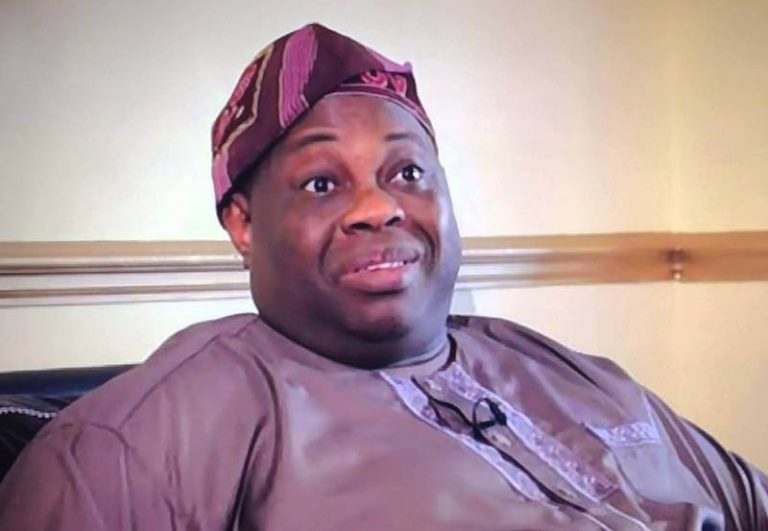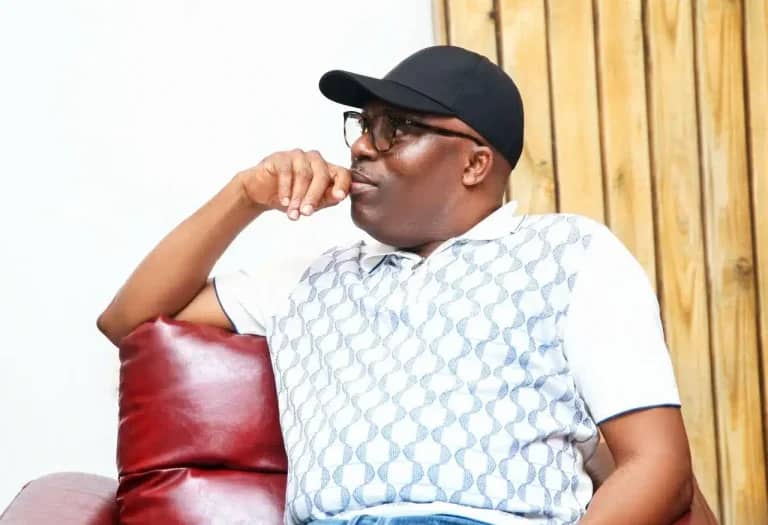Veteran journalist and publisher, Dele Momodu, has cautioned President Bola Tinubu against attempting to govern Nigeria in the same manner he controlled Lagos State during his political rise. Momodu, who shared his views in an Instagram post on Tuesday, advised the president to focus on showcasing his achievements to Nigerians if he intends to secure a second term in office.
Momodu, a long-time associate of Tinubu, explained that his comments stem from friendship rather than hostility. He said he has known the president for more than three decades, recalling their close relationship during years of political exile between 1995 and 1998. After returning to Nigeria, Tinubu went on to serve as governor of Lagos State from 1999 to 2007, a period Momodu described as the beginning of his enduring political control over the state.
“I have been very close to President Bola Ahmed Tinubu in over 32 years. We became closer in exile from 1995-98. After we returned to Nigeria from England, he became Lagos Governor for eight years and has locked down the state in the last 26 years,” Momodu wrote.
He noted that while many of Tinubu’s allies aligned themselves closely with his political structure, he chose a different path. “Rather than join his band of acolytes, I humbly decided to build a global brand and God answered my prayers, the reason I have been able to survive on my modest income,” he stated.
Momodu stressed that his criticism of the president was not personal, but rather a warning rooted in what he described as the duty of a true friend. “I have nothing personal against the president but a true friend should be able to tell him that he cannot hold Nigeria by the jugular like he did in Lagos. He should sell his achievements to deserve a second term and not by use of direct and subterranean federal might… It is that simple,” he wrote.
The comments come at a time when President Tinubu faces mounting public scrutiny over his administration’s policies, economic challenges, and political strategies ahead of the 2027 elections. Critics have often accused him of consolidating power in ways reminiscent of his dominance in Lagos politics, where his influence has continued long after leaving office.
Momodu’s remarks highlight a growing debate about leadership style, transparency, and accountability in Nigeria’s governance. By urging Tinubu to rely on performance rather than political machinery to earn re-election, he joins a chorus of voices calling for greater focus on results and citizen trust.
The intervention is significant given Momodu’s history with the president and his reputation as a media figure unafraid to speak candidly about national affairs. His statement reflects both personal familiarity with Tinubu’s political journey and broader concerns about the implications of centralised political control in a diverse and complex federation like Nigeria.
As Nigeria navigates economic headwinds and political uncertainty, Tinubu’s leadership approach is expected to face continued scrutiny, particularly from figures like Momodu who insist that national governance requires a different style from what worked in Lagos.





